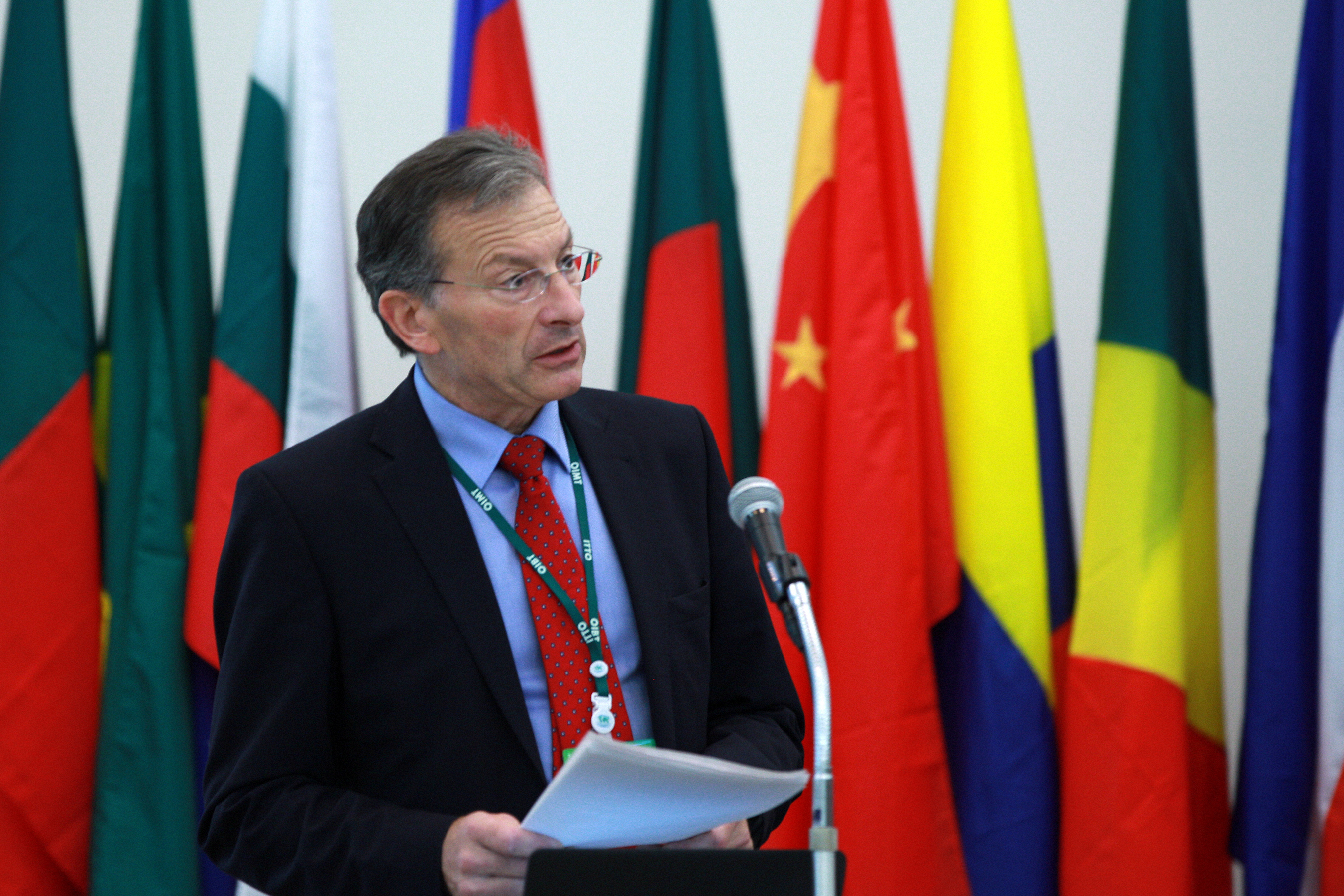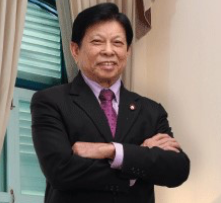Mangrove Conference

Conference key messages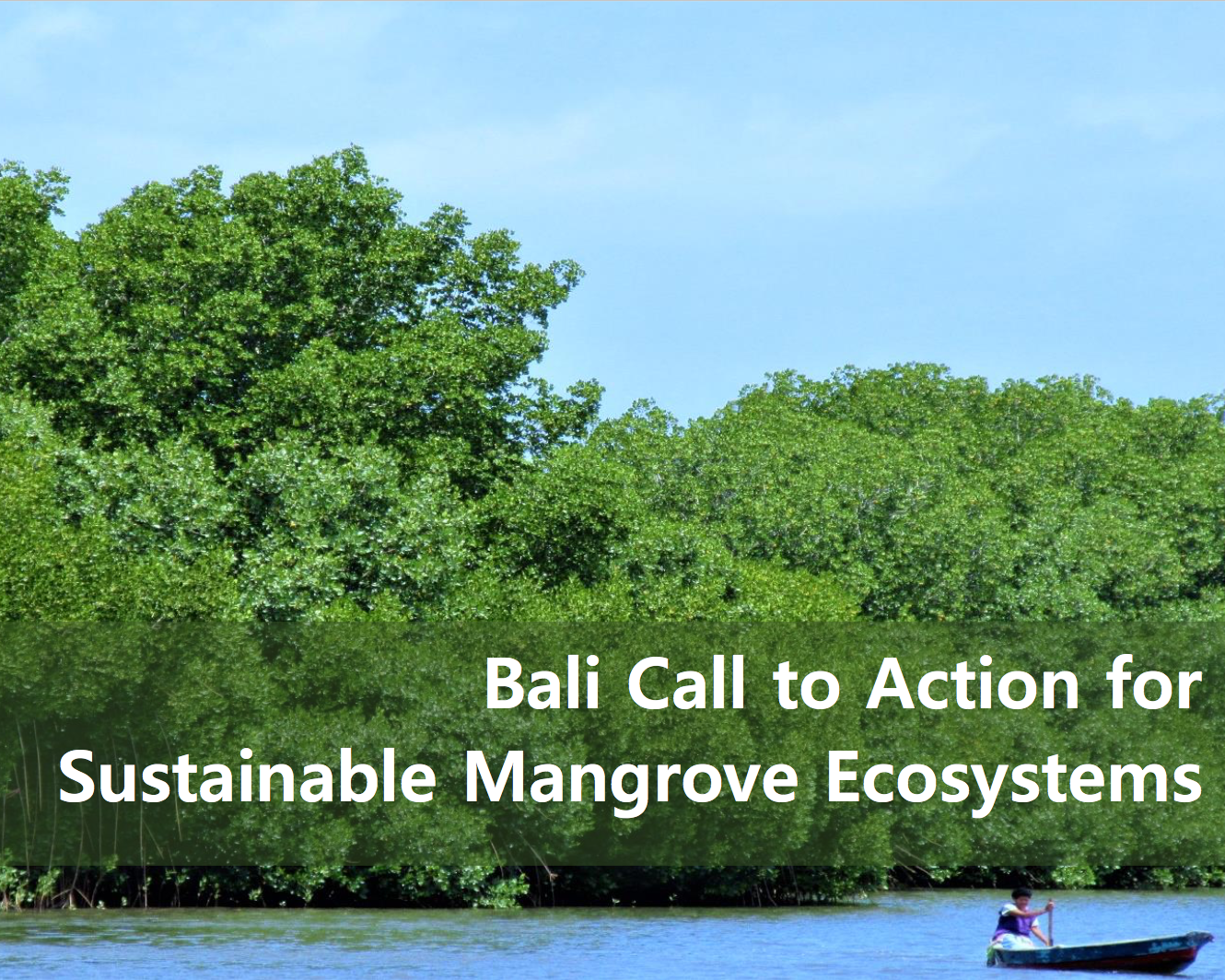 [English] [Español] [Français] |
Conference Report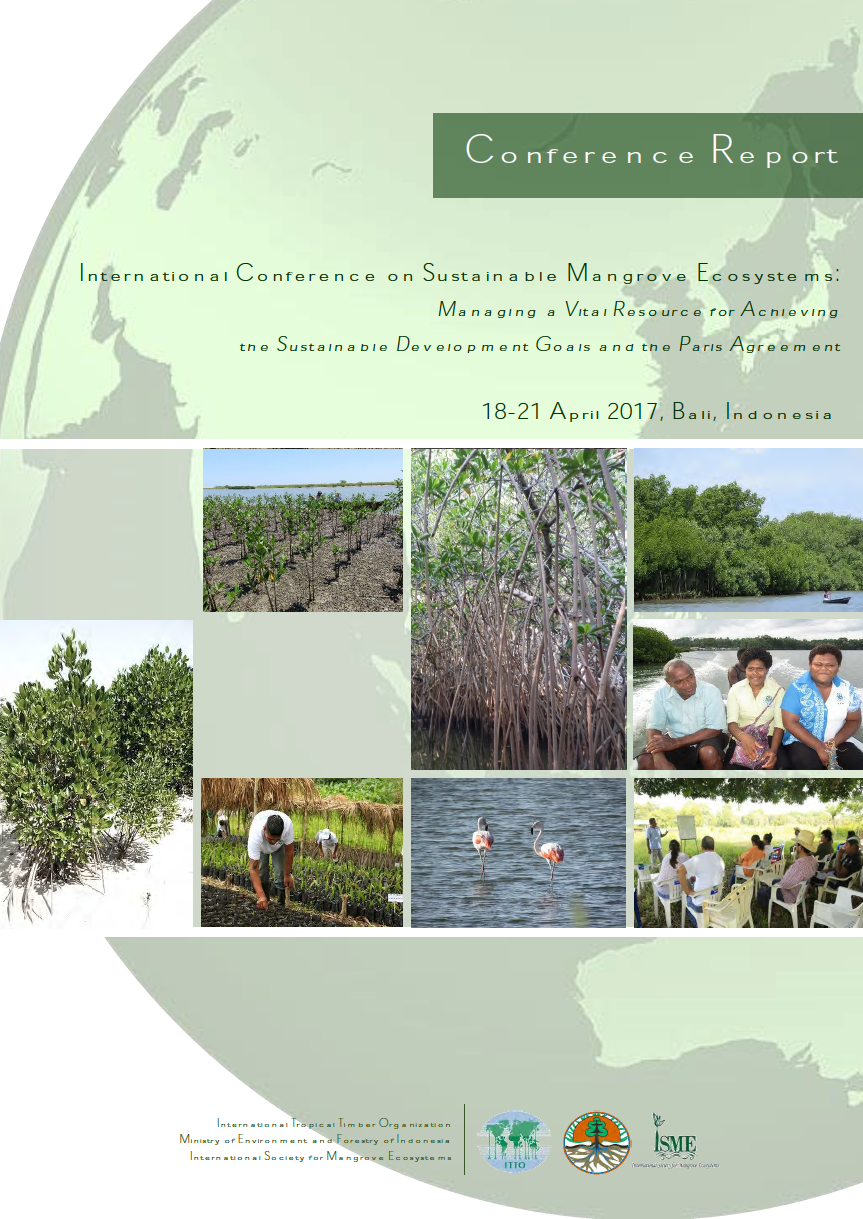 [English] |
| Contact persons |
| ITTO |
| Mr Ma Hwan-ok Project Manager, Division of Forest Management International Tropical Timber Organization (ITTO) International Organizations Center, 5th Fl. 1-1-1 Minato-Mirai, Nishi-Ku Yokohama 220-0012, Japan Email: ma@itto.int |
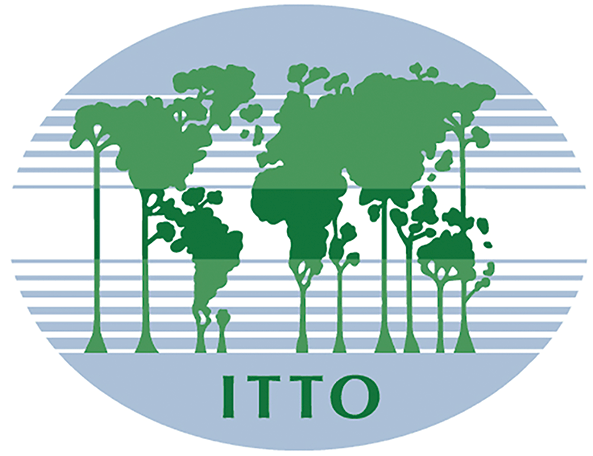 |
| Ministry of Environment and Forestry of Indonesia |
| Ms. Cherryta Yunia Deputy Director, Wetland and Biodiversity Park Directorate of Essential Ecosystem Management Ministry of Environment and Forestry Jakarta, Indonesia Email: cherrytays@yahoo.com |
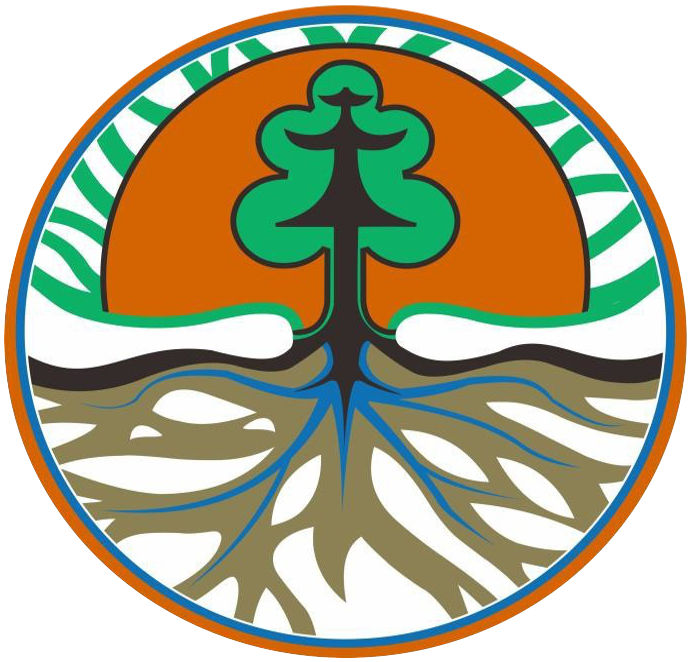 |
| ISME |
| Ms Nozomi Oshiro ISME Secretariat c/o Faculty of Agriculture University of the Ryukyus Okinawa 903-0129, Japan Email: isme@mangrove.or.jp |
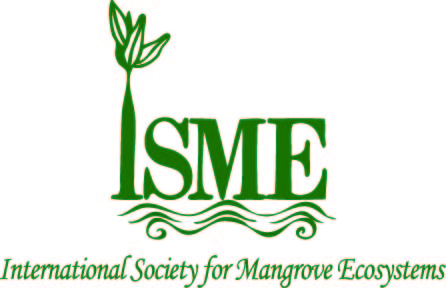 |
| Mangroves are among the world’s most productive ecosystems, producing a wide range of goods and environmental services. If sustainably managed, mangrove ecosystems can support the livelihoods of millions of coastal-dwelling people while storing globally significant quantities of carbon. But the area of mangrove forests is decreasing in many tropical countries due to poor management and rapid development. The aim of the International Conference on Sustainable Mangrove Ecosystems was to promote the conservation, restoration and sustainable management and use of mangrove forest resources by drawing on the lessons learned from the implementation of a range of mangrove initiatives and projects in the tropics. |
It also identified ways in which sustainably managed mangrove ecosystems can contribute to the achievements of the Sustainable Development Goals and the Paris Agreement on climate change, with the adoption of the "Bali Call to Action for Sustainable Mangrove Ecosystems". The conference was organized jointly by ITTO, the Ministry of Environment and Forestry of Indonesia, and the International Society for Mangrove Ecosystems (ISME), in collaboration with the Center for International Forestry Research (CIFOR), the Food and Agriculture Organization of the United Nations (FAO), AFoCo,the Unisted States Forest Service, other partners, and the private sector in Indonesia. |
| Welcome Messages |
| Keynote Speakers |
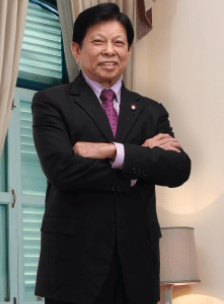 Prof. Sanit Aksornkoae is a Senator of Thailand. He is a fellow of the Royal Institute of Academy of Science of Thailand, and a Chairman of Executive Board of the Sirindhorn International Environmental Park. He is Professor Emeritus and Former Vice-President of Kasetsart University, and a former President of Thailand Environment Institute (TEI). He has coordinated many projects and published numerous papers relating to mangroves. He has obtained his Ph.D. from the Michigan State University in the USA. He received many awards and prizes including the Biwako Prize for Ecology in 1993 from Japan, National Outstanding Scientist of Thailand in 1996, and many others. He is the President of International Society for Mangrove Ecosystems (ISME) since 2011. Prof. Sanit Aksornkoae is a Senator of Thailand. He is a fellow of the Royal Institute of Academy of Science of Thailand, and a Chairman of Executive Board of the Sirindhorn International Environmental Park. He is Professor Emeritus and Former Vice-President of Kasetsart University, and a former President of Thailand Environment Institute (TEI). He has coordinated many projects and published numerous papers relating to mangroves. He has obtained his Ph.D. from the Michigan State University in the USA. He received many awards and prizes including the Biwako Prize for Ecology in 1993 from Japan, National Outstanding Scientist of Thailand in 1996, and many others. He is the President of International Society for Mangrove Ecosystems (ISME) since 2011. |
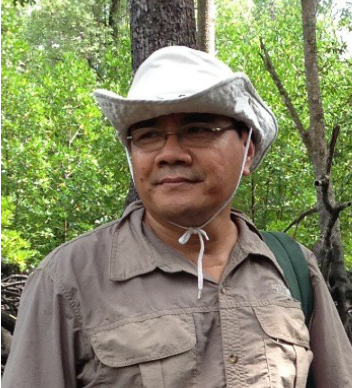 Dr Daniel Murdiyarso is a principal scientist at the Center for International Forestry Research (CIFOR). He is also a Professor at the Department of Geophysics and Meteorology, Bogor Agricultural University, Indonesia. His research interests are land-use change and biogeochemical cycles, climate change mitigation and adaptation. Daniel has published a large number of articles in peer-reviewed journals and book chapters on these areas. He leads a global initiative on Sustainable Wetlands Adaptation and Mitigation Program (SWAMP). Dr Daniel Murdiyarso is a principal scientist at the Center for International Forestry Research (CIFOR). He is also a Professor at the Department of Geophysics and Meteorology, Bogor Agricultural University, Indonesia. His research interests are land-use change and biogeochemical cycles, climate change mitigation and adaptation. Daniel has published a large number of articles in peer-reviewed journals and book chapters on these areas. He leads a global initiative on Sustainable Wetlands Adaptation and Mitigation Program (SWAMP).Dr Murdiyarso’s work with the 2007 Nobel Peace Prize winning IPCC is related with his roles as the Coordinating Lead Author of several IPCC Reports, including the IPCC Third Assessment Report; the IPCC Special Report on Land-use, Land-use Change and Forestry. He is also involved in the 2013 Supplement to the 2006 IPCC Guidelines on GHG Inventory: Wetlands. In 2000 he served the Government of Indonesia as Deputy Minister of Environment for two years, during which he was also the National Focal Point of the UNFCCC and CBD. Since 2002 Professor Murdiyarso is a member of the Indonesian Academy of Sciences. |
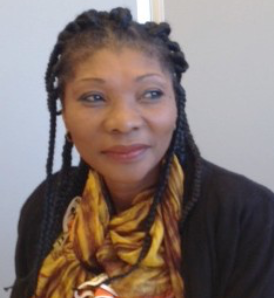 Mrs Cécile NDJEBET is an Agronomist and Social Forester by profession. Gender specialist and Women Leadership trainer and adviser; she holds a M.Sc. degree in Social forestry. With 32 year of field experience, Cécile started her professional career as a Cameroonian Civil servant. In 1997, she joined the civil society Organizations. She is one of the well-known leaders of CSO REDD&CC platform in Cameroon where she is a National REDD+&CC Steering Committee Member; and Regional Coordinator of CSO REDD+&CC Platform of Central Africa. To promote women’s direct and effective participation in natural resources management in Africa, Cécile founded in 2009 the “African Women’s Network for Community Management of Forests (REFACOF)” a regional network with 17 countries from West and Central Africa. For the past 6 years, Cécile is mobilizing rural women in mangrove restoration along the coastal area of Cameroon. In 2012, Cécile was elected Climate Change Champion of the Central African Commission on Forests (COMIFAC). At international level, Cécile is an active member and well-known woman advocate of global women networks such as Global Gender and Climate Alliance (GGCA), WOCAN and Global Women Tenure Network (GWTN). She is a Steering Committee member of The Forests Dialogue (TFD), Focal Point of the Women Major Group of the United Nations Forest Forum (UNFF), Woman Observer in the World Bank Forest Carbon Partnership Facility (FCPF) and Africa Focal Point for International Tropical Timber Organization (ITTO) Civil Society Advisory Group (CSAG). Mrs Cécile NDJEBET is an Agronomist and Social Forester by profession. Gender specialist and Women Leadership trainer and adviser; she holds a M.Sc. degree in Social forestry. With 32 year of field experience, Cécile started her professional career as a Cameroonian Civil servant. In 1997, she joined the civil society Organizations. She is one of the well-known leaders of CSO REDD&CC platform in Cameroon where she is a National REDD+&CC Steering Committee Member; and Regional Coordinator of CSO REDD+&CC Platform of Central Africa. To promote women’s direct and effective participation in natural resources management in Africa, Cécile founded in 2009 the “African Women’s Network for Community Management of Forests (REFACOF)” a regional network with 17 countries from West and Central Africa. For the past 6 years, Cécile is mobilizing rural women in mangrove restoration along the coastal area of Cameroon. In 2012, Cécile was elected Climate Change Champion of the Central African Commission on Forests (COMIFAC). At international level, Cécile is an active member and well-known woman advocate of global women networks such as Global Gender and Climate Alliance (GGCA), WOCAN and Global Women Tenure Network (GWTN). She is a Steering Committee member of The Forests Dialogue (TFD), Focal Point of the Women Major Group of the United Nations Forest Forum (UNFF), Woman Observer in the World Bank Forest Carbon Partnership Facility (FCPF) and Africa Focal Point for International Tropical Timber Organization (ITTO) Civil Society Advisory Group (CSAG). |
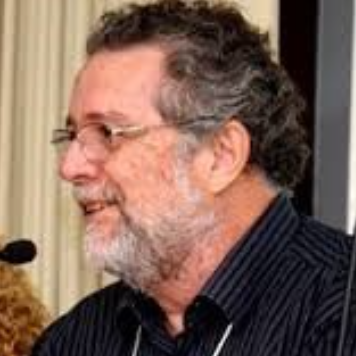 Graduate in Biology (1977), MSc in Biophysics (1980) and PhD in Bophysics (1983) from Universidade Federal do Rio de Janeiro, Brazil. Has experience in Ecology of coastal environments, environmental contamination, biogeochemistry. Professor Lacerda is a CNPq senior researcher (1A), Titular Professor in Marine Sciences of Universidade Federal do Ceará, Member of the Brazilian Academy of Sciences (ABC) since 2009 and of The World Academy of Sciences (TWAS) since 2013. He is a SSC Member of the IGBP-LOICZ (Land Ocean Interactions in the Coastal Zone – Future Coasts) Program and of ISME (International Society for Mangrove Ecosystems) and coordinated ISME-ITTO Project “Conservation and Sustainable Utilization of Mangorves Forest in Latin American and African Regions”; ISME-GLOMIS (1999-2001) and SamBas (South American Basins from IGBP-LOICZ (1999-2003). Prof. Lacerda has authored over 250 journal papers, 70 book chapters and 18 books, on mangrove ecology and sustainable utilization, biogeochemistry of tropical ecosystems, environmental pollution and coastal zone management. Graduate in Biology (1977), MSc in Biophysics (1980) and PhD in Bophysics (1983) from Universidade Federal do Rio de Janeiro, Brazil. Has experience in Ecology of coastal environments, environmental contamination, biogeochemistry. Professor Lacerda is a CNPq senior researcher (1A), Titular Professor in Marine Sciences of Universidade Federal do Ceará, Member of the Brazilian Academy of Sciences (ABC) since 2009 and of The World Academy of Sciences (TWAS) since 2013. He is a SSC Member of the IGBP-LOICZ (Land Ocean Interactions in the Coastal Zone – Future Coasts) Program and of ISME (International Society for Mangrove Ecosystems) and coordinated ISME-ITTO Project “Conservation and Sustainable Utilization of Mangorves Forest in Latin American and African Regions”; ISME-GLOMIS (1999-2001) and SamBas (South American Basins from IGBP-LOICZ (1999-2003). Prof. Lacerda has authored over 250 journal papers, 70 book chapters and 18 books, on mangrove ecology and sustainable utilization, biogeochemistry of tropical ecosystems, environmental pollution and coastal zone management. |
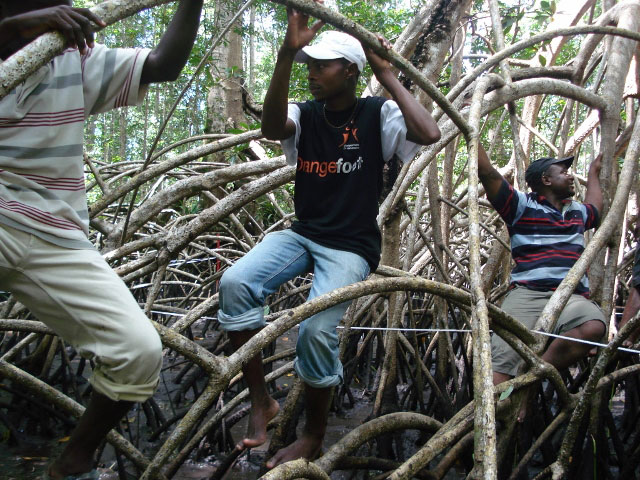 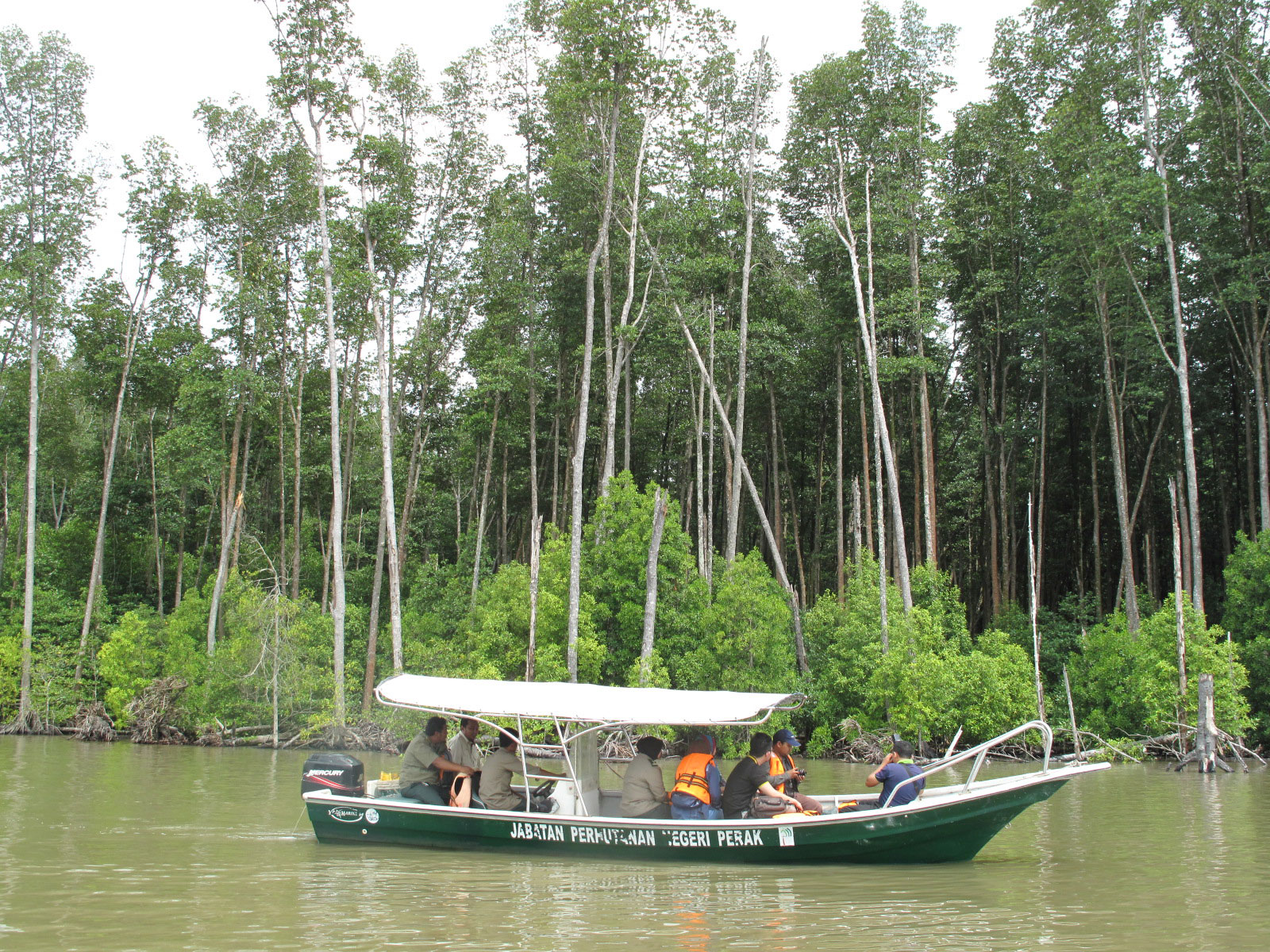 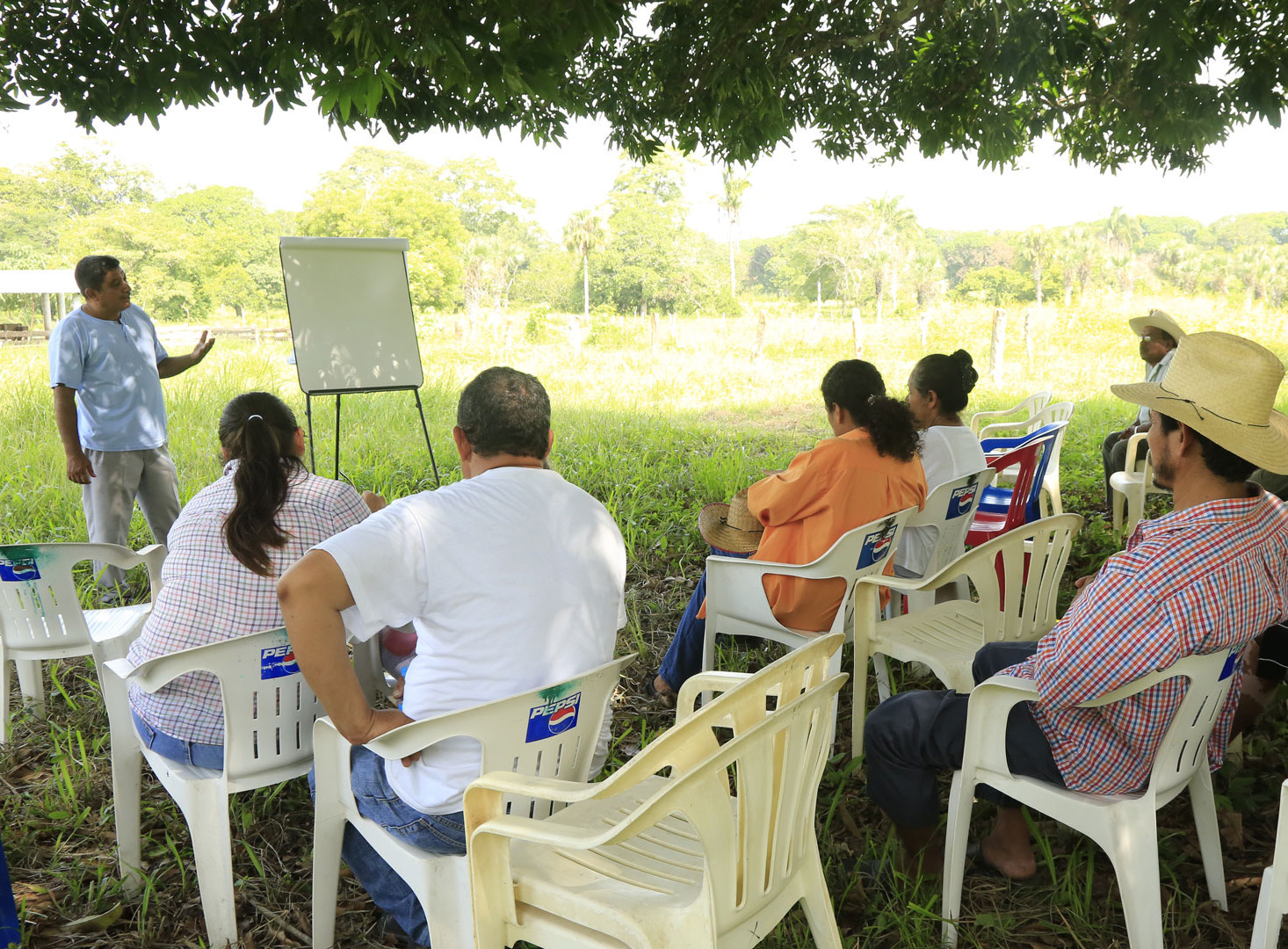 |
